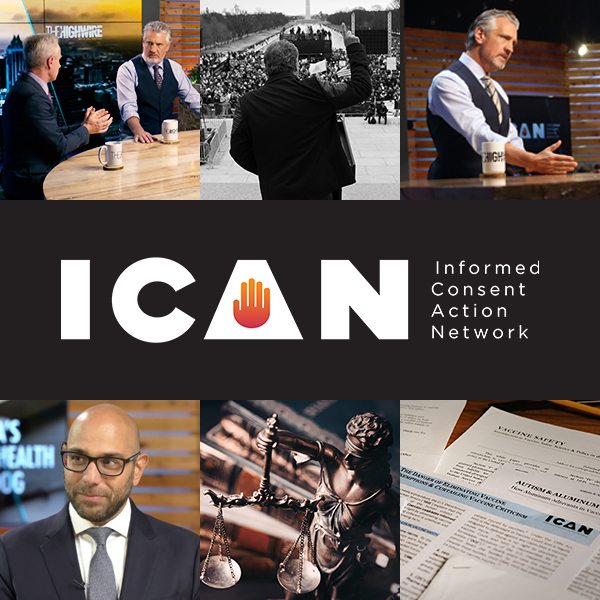

The Centers for Disease Control (CDC) has again refused to release emails between the Director of the Immunization Safety Office, Dr. Frank DeStefano, and some of the largest vaccine manufacturers in the world, claiming that these communications are privileged because they reflect “the decision-making process of government agencies.”
Because federal law protects vaccine companies from being sued for vaccine injuries, the CDC’s Immunization Safety Office is supposed to play a central role in ensuring the safety of these liability-free products – not engage in agency decision-making with these companies!
ICAN wanted to find out whether Dr. Frank DeStefano has been taking his role as a watchdog over these pharmaceutical companies seriously.
In 2018, ICAN, through its attorneys, submitted a Freedom of Information Act (FOIA) request for all communications exchanged between Dr. DeStefano and GSK, Sanofi, and Merck. The CDC located 281 pages of responsive documents, but withheld a substantial amount in its production claiming that the communications between these pharma companies and CDC’s chief vaccine safety officer involved setting CDC policies! More than 2 years later, and only after a lawsuit was filed, the CDC lifted these redactions.
We hoped that the CDC learned its lesson. But it didn’t. In November 2020, ICAN again gave the CDC the opportunity to prove to the public that Dr. DeStefano is fulfilling his responsibilities as a watchdog by submitting a second FOIA request for copies of Dr. DeStefano’s more recent emails with representatives of GSK, Sanofi, Merck, and Pfizer. This time, the CDC located 1,660 pages of responsive documents, but again hundreds of them were fully redacted to protect “the decision-making process of government agencies.”
The CDC, in essence, admitted that it just doesn’t care that its director of vaccine safety is apparently setting “formal or informal agency policies or decisions” with the world’s major vaccine manufacturers.
ICAN filed a formal appeal. In response, the government removed redactions from only 16 pages of the original 1,660 page production and incredibly asked ICAN’s attorneys if it would withdraw the rest of its appeal. Of course, ICAN declined this laughable request.
ICAN will continue to demand transparency and accountability from the CDC and will never desist from its mission of assuring that every ounce of truth is squeezed from this agency so that true informed consent can become a reality.
